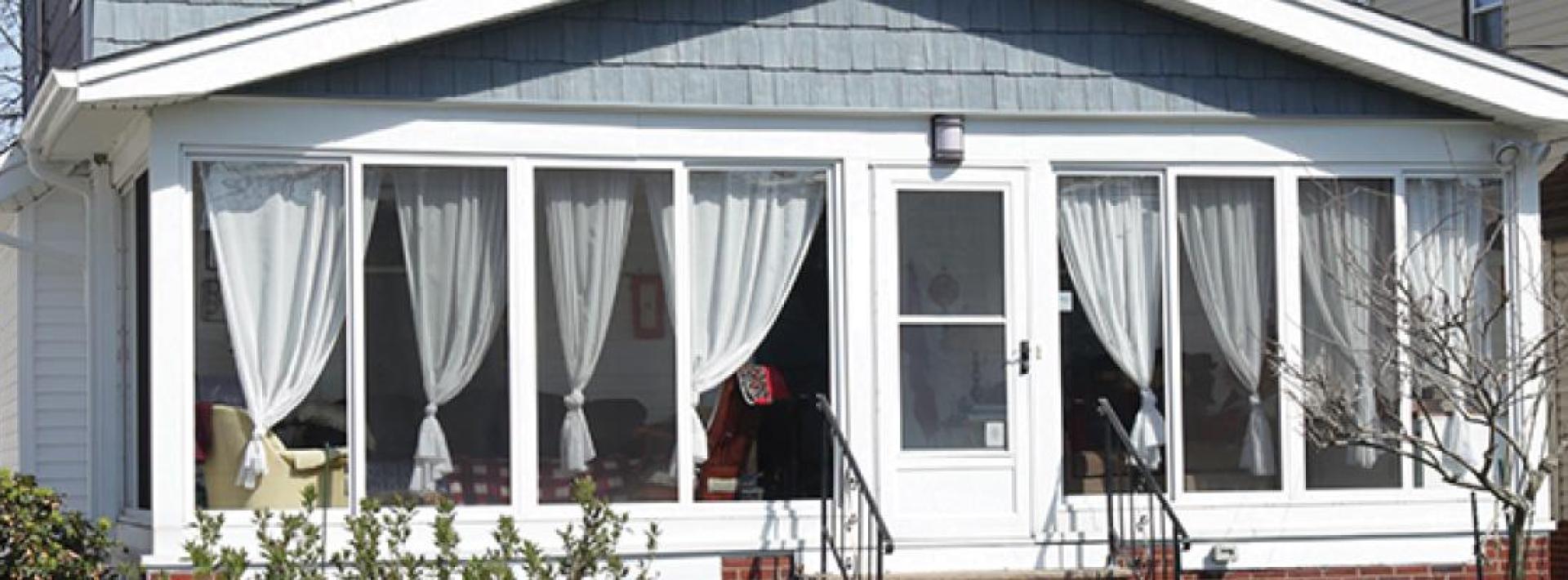Wednesday, August 10, 2022—Cleveland—This afternoon, Cleveland City Council unanimously passed a Pay to Stay ordinance that gives renters in the city more rights and more stability.
Under Pay to Stay, if a tenant is summoned to court for an eviction, they can stop the proceeding if they have the full amount of rent owed, plus any late fees.
“Today, we took a big step toward housing justice and promoting equity in the City of Cleveland,” said Mayor Justin M. Bibb. “And we won’t stop here. I am grateful to our Director of Building and Housing, Sally Martin, City Council, and all the community partners for their diligence and hard work on this critical legislation.”
Under Ohio law, a tenant can be evicted for being just one day late or one dollar short on rent. Ohio is only one of a handful of states that allow a tenant to be evicted in this manner.
Pay to Stay provides a pathway for tenants who tender late rent to stay in their homes and is a tangible policy tool that protects renters—particularly those disproportionately impacted by evictions, homelessness, and entrenched structural and economic inequities.
“Simply put, the state should be better protecting tenants but that is not happening in Ohio,” said Cleveland’s Director of Building and Housing Sally Martin. “This is commonsense protection for renters in the City of Cleveland and we are thrilled to see it cross the finish line.”
As the poorest big city in America, Cleveland is facing an eviction crisis, exacerbated by the COVID-19 pandemic. According to the Cleveland Eviction Study, around 9,000 evictions are filed each year. Of those, about 80 percent are for non-payment of rent. In most cases, tenants missed one or two rent payments.
Pay to Stay provides an affirmative defense in these cases. In the coming months, the administration will be partnering with City Council and organizations across the city to launch an education campaign to ensure both tenants and landlords understand the ordinance, their rights, and how to navigate the process.
“This is another layer that we can use to support our residents and protect their housing. We are working closely with the Legal Aid Society, Northeast Ohio Coalition for the Homeless and others to ensure that the education component of this ordinance happens and that renters know this defense is available to them,” said Councilwoman Rebecca Maurer, a co-sponsor of the legislation. “We are continuing to add layers, like right to counsel and others, as we work toward greater equity in our city.”
While providing for housing stability for families, the ordinance also helps landlords receive the money they need to operate without loss of income through an eviction and re-rental process. Cincinnati, Dayton, Toledo and Akron have enacted similar ordinances.
Unique to Cleveland is the expanded definition of tender in the ordinance to include any emergency rental assistance vouchers from an accredited social service, nonprofit, governmental, or quasi-governmental agency that guarantees the payment of past due rent, reasonable late fees, and court costs. This means that a rental assistance voucher guaranteeing payment to the landlord can be honored as a tender of payment to avoid eviction.
“Not only are evictions a leading cause of homelessness, but studies show that children changing schools as a result of eviction experience declines in educational achievement,” said Molly Martin, Director of Strategic Initiatives at Northeast Ohio Coalition for the Homeless. “This ordinance is an important step to ensure fairness in the eviction process and to call for more rights that will protect renters in our community.”



